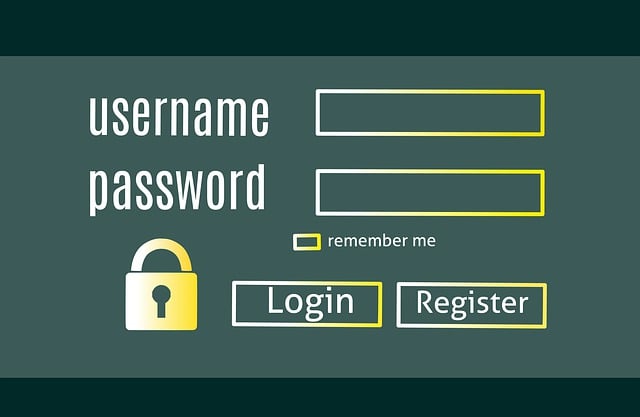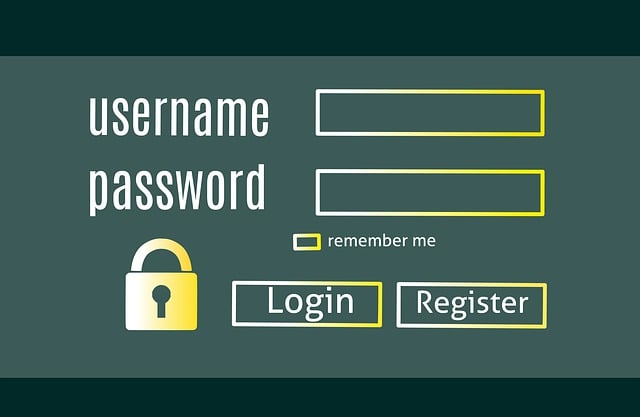In today's digital era, school compliance screening is vital for ensuring education quality and integrity. This process involves rigorous background checks to verify teachers' qualifications and protect students from unqualified individuals. By scrutinizing academic records, criminal histories, and references, schools maintain trust among parents, students, and the community. Effective screenings identify red flags like discrepancies or gaps in academic backgrounds, preventing potentially dangerous staff from accessing children. Legal mandates require comprehensive checks, highlighting the risks of omitting them. Best practices include multi-layered verifications beyond criminal records, leveraging digital tools for efficient management, staying updated on policies, and fostering open communication. School compliance screening ensures qualified, ethical teachers safeguard students, providing parents with confidence in the educational process.
Education background checks are a vital component in ensuring qualified teachers enter classrooms. With growing concerns about student safety and academic integrity, understanding the importance of comprehensive school compliance screening is crucial. This article delves into the essential role of educational background checks, exploring how they uncover red flags, foster transparency, and ultimately protect both students and the teaching profession. By implementing effective screenings, schools can maintain a safe learning environment.
- Understanding the Importance of Education Background Checks
- The Role of School Compliance Screening in Teacher Hiring
- Uncovering Red Flags: Common Issues in Educational Backgrounds
- Legal and Ethical Implications of Skipping Background Checks
- Implementing Effective Screenings: Best Practices for Schools
- Promoting Transparency and Trust in the Teaching Profession
Understanding the Importance of Education Background Checks

In today’s digital era, ensuring the qualifications and integrity of educators is more crucial than ever. Education background checks, also known as school compliance screening, serve as a vital tool for schools and educational institutions to safeguard the learning environment. By implementing thorough screening processes, schools can prevent unqualified individuals from gaining access to vulnerable students. This proactive approach to school compliance screening not only protects students but also upholds the overall integrity of the education system.
These checks play a pivotal role in identifying potential risks and ensuring that teachers and staff meet the necessary criteria. Through comprehensive verification of academic credentials, criminal history, and other relevant factors, schools can make informed decisions. Consequently, this practice fosters trust among parents, students, and the community, guaranteeing that those responsible for imparting knowledge are indeed qualified and fit to do so.
The Role of School Compliance Screening in Teacher Hiring

School compliance screening plays a pivotal role in ensuring that only qualified and competent individuals are hired as teachers. This meticulous process involves thorough background checks, verification of credentials, and adherence to regulatory standards set by educational authorities. By implementing robust school compliance screening procedures, educational institutions can mitigate the risk of employing unqualified or potentially dangerous persons who may harm students.
The benefits of strict compliance screening extend beyond safety concerns. It also upholds the integrity of the teaching profession, maintains high educational standards, and instills confidence among parents and guardians. A comprehensive screening process helps identify not just academic qualifications but also personal attributes such as patience, empathy, and a commitment to student welfare. These qualities are essential for fostering an conducive learning environment and nurturing young minds.
Uncovering Red Flags: Common Issues in Educational Backgrounds

Uncovering Red Flags: Common Issues in Educational Backgrounds
In the pursuit of ensuring school compliance screening, it’s crucial to examine potential red flags within an individual’s educational background. These flags can manifest as discrepancies in academic records, failed or incomplete degrees, or significant gaps in employment history. Such issues may indicate a lack of commitment, intellectual honesty, or even worse, indications of fraudulent activities. By meticulously verifying every aspect of a candidate’s background, educators and administrators can mitigate the risk of hiring unqualified individuals who might compromise the quality of education.
Beyond academic qualifications, character references and professional evaluations play a vital role in school compliance screening. Negative feedback or concerns raised by former colleagues, supervisors, or students can shed light on interpersonal issues, unprofessional conduct, or teaching methodologies that may not align with educational standards. Integrating these diverse data points creates a comprehensive profile, enabling schools to make informed decisions that safeguard both the institution’s reputation and the well-being of its students.
Legal and Ethical Implications of Skipping Background Checks

Skipping background checks for teachers can have significant legal and ethical repercussions. Many countries and educational institutions are legally bound to conduct thorough school compliance screening as a preventive measure against potential safety risks. These checks serve to verify an educator’s qualifications, criminal history, and suitability for working with children. Omitting this crucial process may lead to the employment of unqualified or even dangerous individuals in schools, exposing students and staff to unnecessary hazards.
From an ethical standpoint, background checks ensure transparency and accountability in the hiring process. They protect the rights of both educators and students by guaranteeing a safe learning environment. Educational institutions that neglect these screenings could face severe consequences, including legal disputes, damage to their reputation, and loss of trust from parents and the community. This is especially critical given the sensitive nature of the educator-student relationship, which demands the highest standards of integrity and responsibility.
Implementing Effective Screenings: Best Practices for Schools

Implementing effective screenings is paramount for schools aiming to maintain high standards and ensure school compliance. Best practices involve comprehensive background checks that go beyond simple criminal records. This includes verifying educational qualifications, assessing teaching certifications, and checking references from previous employments. A multi-layered approach helps uncover potential red flags that may have been overlooked in initial checks.
Schools should adopt digital tools for efficient data management and streamlined screening processes. Regular updates on policies and staying informed about legal requirements are essential to comply with regulations. Additionally, fostering open communication channels allows educators to disclose relevant information voluntarily, contributing to a more transparent environment.
Promoting Transparency and Trust in the Teaching Profession

In the pursuit of upholding academic excellence, background checks play a pivotal role in promoting transparency and trust within the teaching profession. These comprehensive school compliance screenings serve as a robust shield against unqualified individuals gaining access to vulnerable students. By meticulously verifying credentials, criminal histories, and relevant certifications, educational institutions can ensure that only those with the necessary qualifications and ethical standing are entrusted with shaping young minds. This meticulous process fosters an environment of integrity, where parents and guardians can have unwavering confidence in the teachers overseeing their children’s education.
Moreover, promoting transparency through background checks extends far beyond individual schools; it reinforces a culture of accountability across the entire educational landscape. When every institution adopts rigorous compliance standards, it becomes easier to identify and weed out potential threats, safeguarding both students and the reputation of the teaching profession as a whole. This collective effort not only enhances school safety but also bolsters public trust in a critical sector that shapes the future of society.






